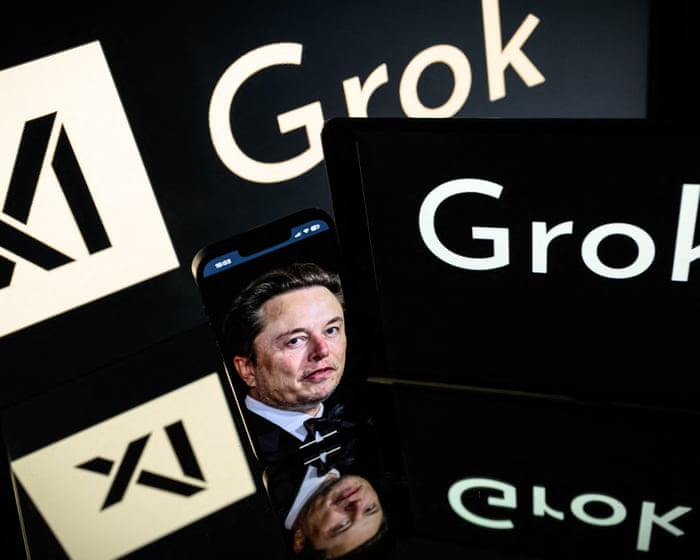How TikTok Helped Meta Land an Antitrust Victory
NeutralTechnology

- Meta has achieved a legal victory in an antitrust case that could have required the company to divest its popular platforms, Instagram and WhatsApp, as a federal judge dismissed the Federal Trade Commission's allegations.
- This ruling is crucial for Meta as it allows the company to maintain its acquisitions and continue operating its platforms without the threat of forced divestiture, reinforcing its market position.
- The case highlights ongoing tensions between tech giants and regulatory bodies, reflecting broader concerns about market monopolies and the evolving landscape of digital content regulation.
— via World Pulse Now AI Editorial System





